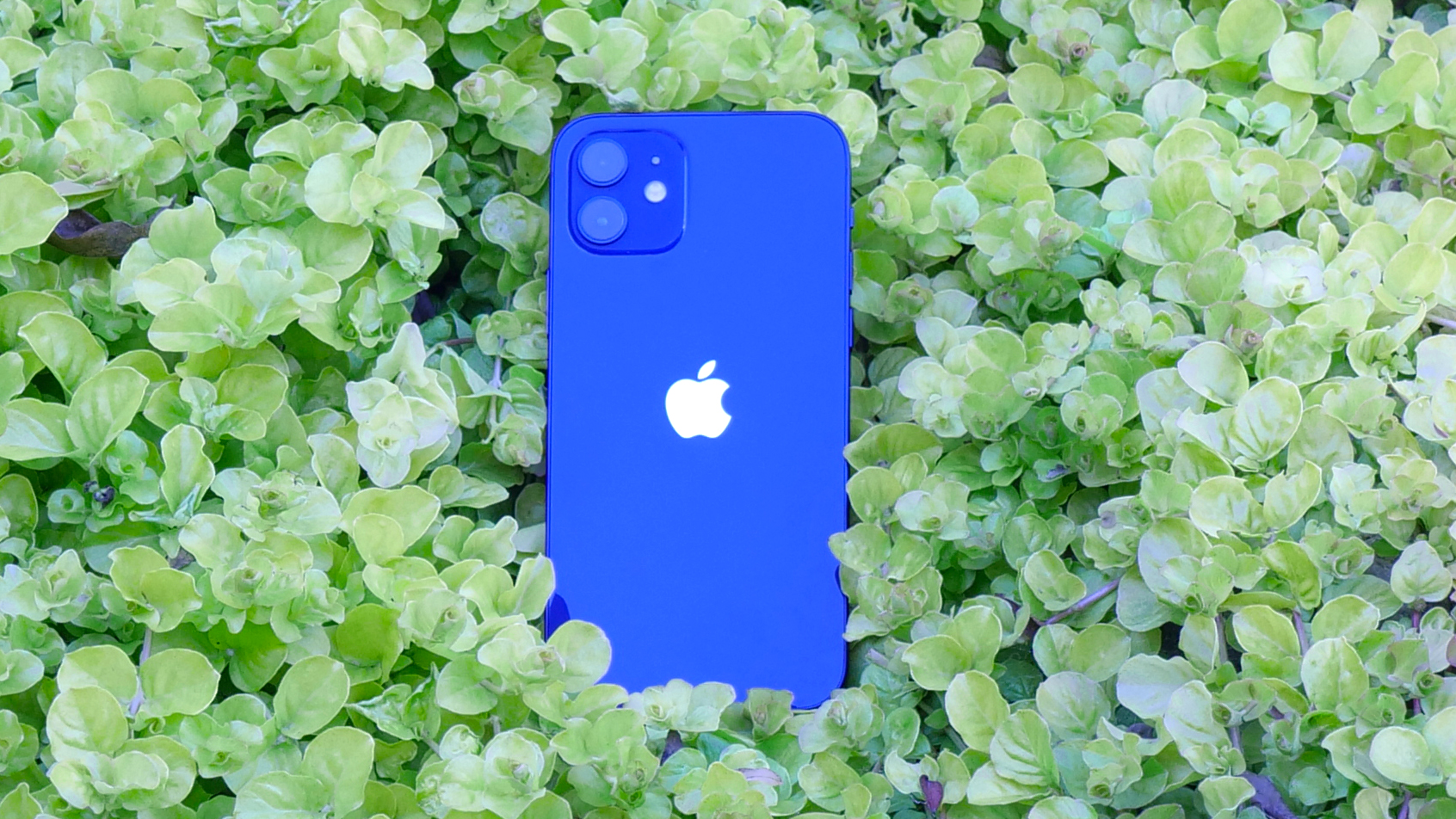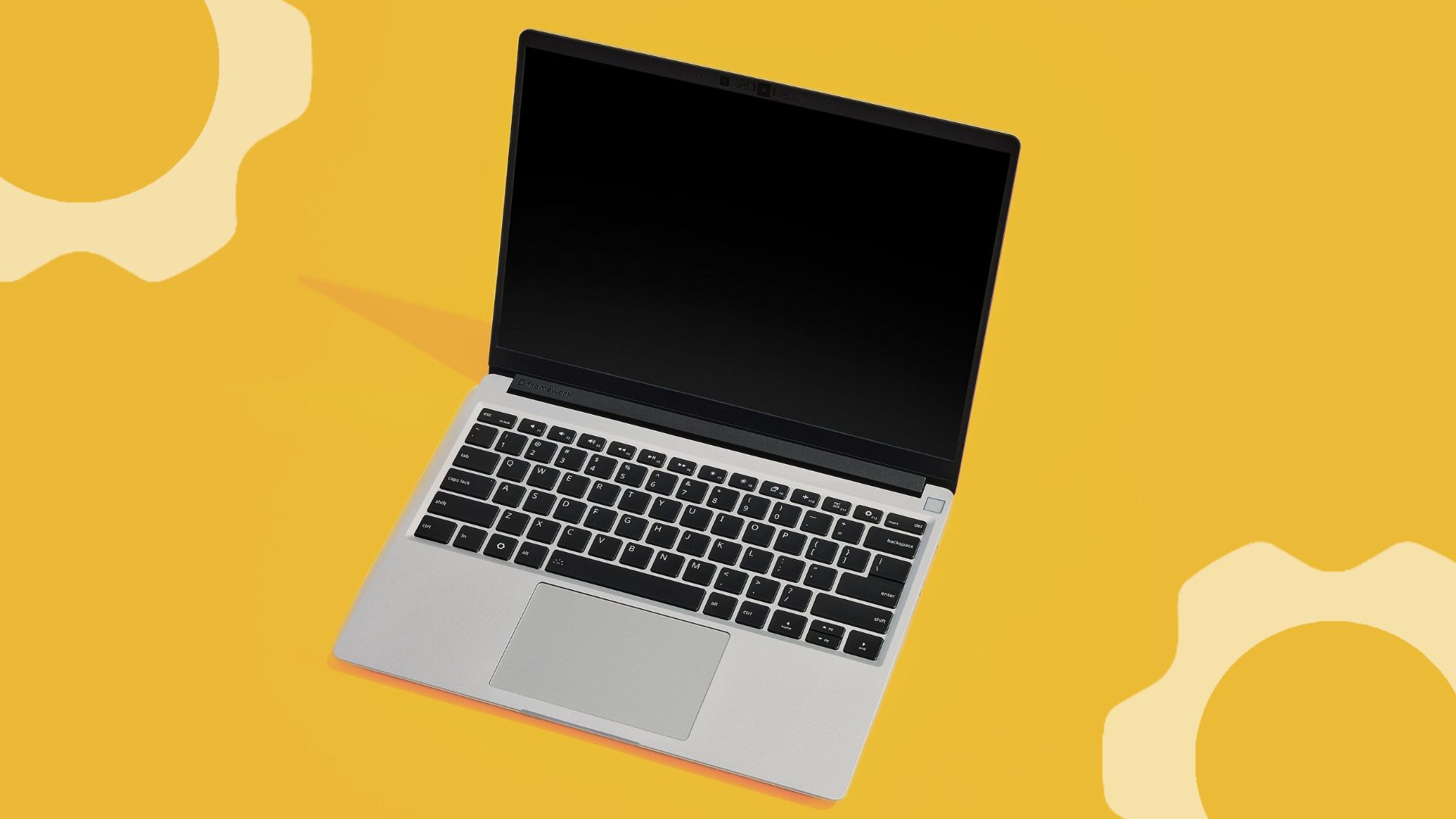Goodbye 5G, Apple to develop its own 6G wireless technology — Here's what that means
Apple is leaving Qualcomm behind

Apple is hiring engineers to start working on the next generation of wireless technology: 6G, so it can start relying on itself rather than using Qualcomm tech. Don't hold your breath, though.
Apple has started posting job listings for a "Wireless Research Systems Engineer – 5G/6G" and a Radio Access Network (RAN) standards engineer to start researching and designing "next generation (6G) wireless communication systems for radio access networks with emphasis on the PHY/MAC/L2/L3 layers." The job also describes working on "next generation (5G/6G) cellular systems."
- iPhone 13: Price, release date, specs and more
- iPhone 12 review
- iPhone 12 Pro vs. iPhone 12 Pro Max: Which should you buy?
Currently, Apple's iPhone 12 phones use Qualcomm modems for the recently introduced 5G connectivity, but with these listings, it's clear Apple is venturing out on its own journey to create an in-house modem. Surprising? After making its own popular M1 chips for MacBooks, we think not.
As pointed out by tech website Ars Technica, the jobs are stationed in San Diego, which is where Qualcomm is headquartered. It's looking like Apple is making it easier to nab a few engineers from the wireless tech company. Sneaky.
While Apple's development of 6G technology is starting up, we won't see the fruits of its wireless labor for a number of years. As the job listing suggests, we'll most likely see Apple's own modems start being integrated into future iPhones (probably a tad too soon for the upcoming iPhone 13), starting with its very own 5G technology.
In our review, we found 5G was an issue in terms of an iPhone 12's battery life. This may be one of the reasons why Apple is making its own modems, to make 5G an "always-on" option rather than turning it off and on every so often.
The waiting game for 6G
It's not surprising that 6G wireless technology is already in the works, and Apple is not the first to take a whack at it.
While 5G has only recently been let out into the wild, it was already in development as early as 2008 thanks to a 5G R&D program in South Korea and NASA helping to develop Machine-to-Machine (M2M) technology and the 5G tech to go with it.
That's more than a decade in the making, and 5G still hasn't fully been utilized seeing as the first line of 5G smartphones has only recently been released. 5G offers a massive upgrade over 4G, from miles faster connectivity and being able to share unlimited quantities of data.
For now, we're still in its early days, so who knows what 6G's capabilities will be (the mind boggles). In the meantime, get a taste of 5G with the best smartphones of 2021.
Stay in the know with Laptop Mag
Get our in-depth reviews, helpful tips, great deals, and the biggest news stories delivered to your inbox.

Darragh Murphy is fascinated by all things bizarre, which usually leads to assorted coverage varying from washing machines designed for AirPods to the mischievous world of cyberattacks. Whether it's connecting Scar from The Lion King to two-factor authentication or turning his love for gadgets into a fabricated rap battle from 8 Mile, he believes there’s always a quirky spin to be made. With a Master’s degree in Magazine Journalism from The University of Sheffield, along with short stints at Kerrang! and Exposed Magazine, Darragh started his career writing about the tech industry at Time Out Dubai and ShortList Dubai, covering everything from the latest iPhone models and Huawei laptops to massive Esports events in the Middle East. Now, he can be found proudly diving into gaming, gadgets, and letting readers know the joys of docking stations for Laptop Mag.
